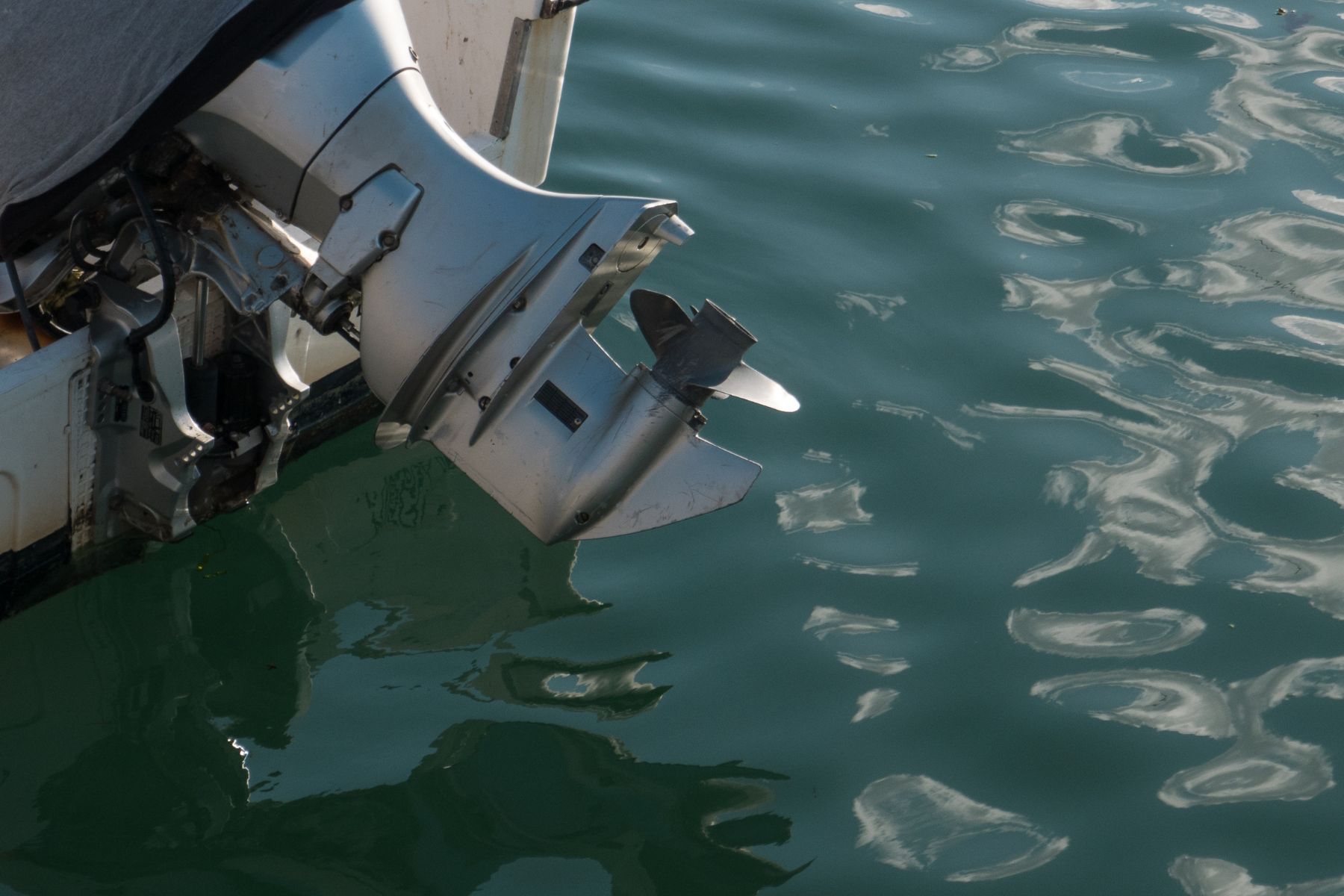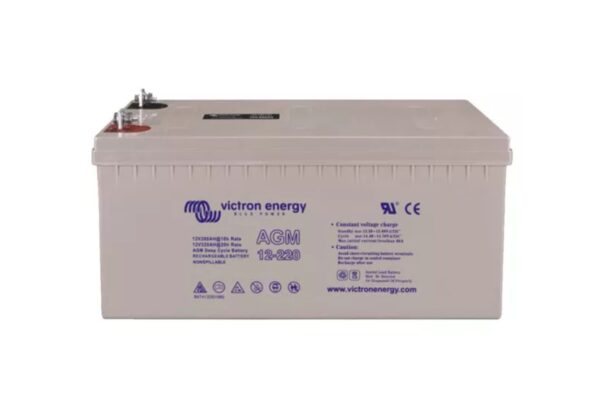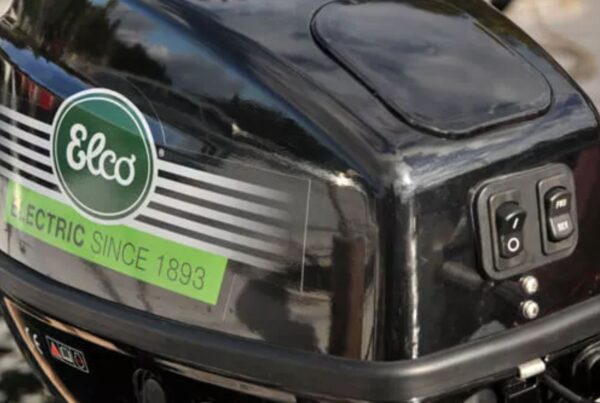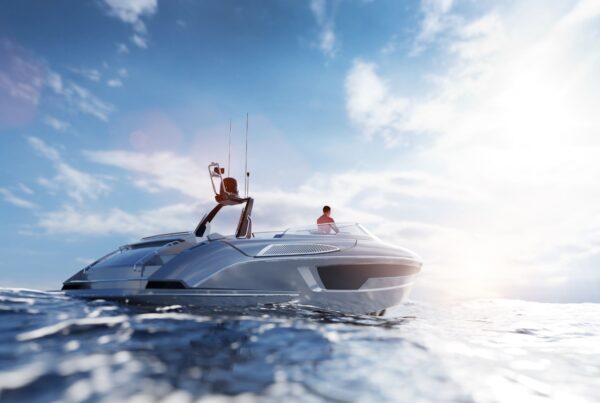
You’ve got your bait and your tackle, and your boat is clean and ready to go. It’s early, the mist is just rising off the surface of a calm lake, and you’re warming yourself with a strong cup of coffee from the thermos you brought along. You reach to start your motor, but it splutters. Does it need more fuel, or is it something else? An oil change? Filters? Spark plugs? Or has something worn out to the point that your fishing day is blown and you have to remove that heavy, gas-guzzling, oily old beast and take it to a mechanic?
Nothing spoils a fishing expedition or a planned day on the bay faster than a malfunctioning boat motor. Here’s a thought: try comparing boat motor maintenance—electric vs. traditional—and see if there’s a way to make your boating life easier and more enjoyable. Spoiler alert: there is.
Simplicity vs. Complexity
Traditional gas- or diesel-powered boat motors are complex, featuring many moving parts. They require regular checks and maintenance, including oil changes, cooling system upkeep, and monitoring of belts and hoses. They may also need spark plug changes, valve adjustments, seals and gaskets, or injectors, depending on the type of engine.
In contrast, electric boat motors offer a simpler design with fewer moving parts, reducing the potential for wear and tear. This simplicity translates to less overall maintenance, providing more time for you to enjoy the waves and less time spent worrying about motor upkeep. You’ll still need to inspect and clean the propeller, but you won’t have to open an electric engine to change oil, switch out worn parts, or change filters.
Costs Considerations
The costs associated with maintaining a traditional boat motor can add up quickly. Fuel expenses are a significant consideration, but so are the costs of replacing filters, spark plugs, and injectors. Not to mention the potential for more substantial repairs should something go wrong.
Electric boat motors, on the other hand, run on electricity, which can be sourced from the grid or even from free solar energy. The absence of fuel, filters, and spark plugs reduces both direct costs and the time spent on maintenance. While the upfront cost of an electric motor may be higher, the long-term savings make it a worthy investment for many boaters.
Ease of Use
Starting a traditional boat motor often requires manual adjustments, such as setting the choke and priming the fuel pump. It’s a process that can prove challenging, especially for novice boaters.
Electric boat motors simplify this process considerably. With the push of a button, your motor springs to life, ready to propel you on your next adventure. This ease of use enhances the overall boating experience, allowing you to focus on the journey rather than the mechanics.
When comparing electric vs. traditional boat motor maintenance, electric motors stand out for their simplicity, cost-effectiveness, and ease of use. These benefits, coupled with the added advantages of being environmentally friendly and quiet, make electric outboards and electric inboard motors a compelling choice for both seasoned sailors and those new to boating.
You’ll also be welcome on waters that prohibit gas- or diesel-powered vessels. And we’d bet that your quiet electric motor will help sneak up on that big one you’ve been pursuing, allowing you to take the selfie that proves you caught him at last!




